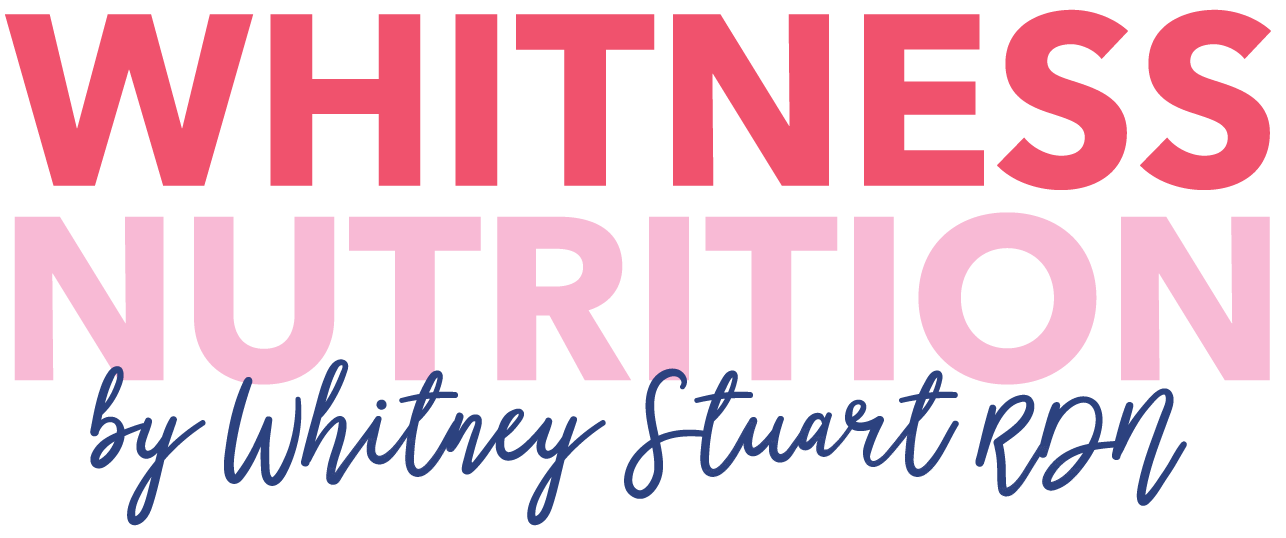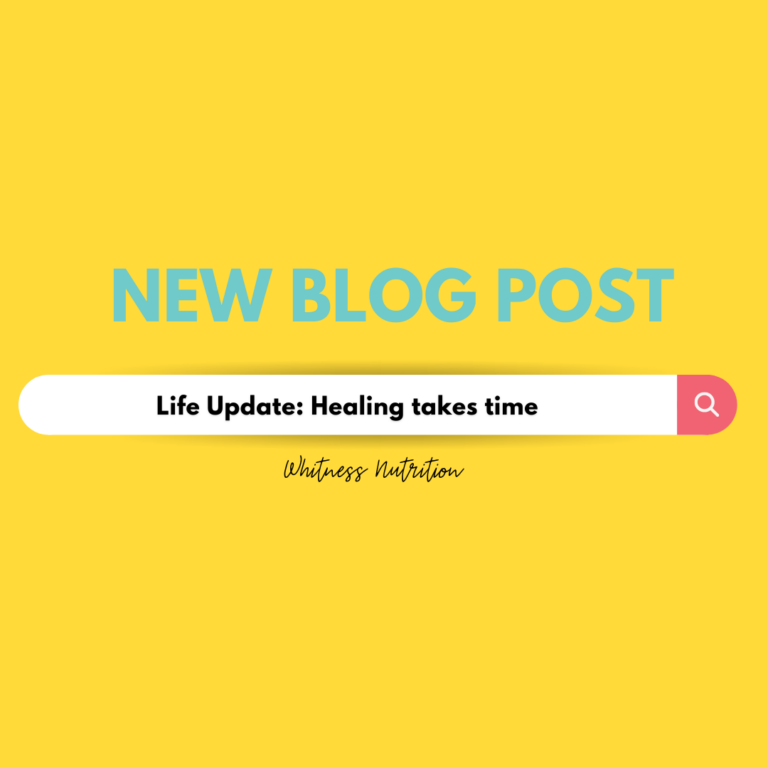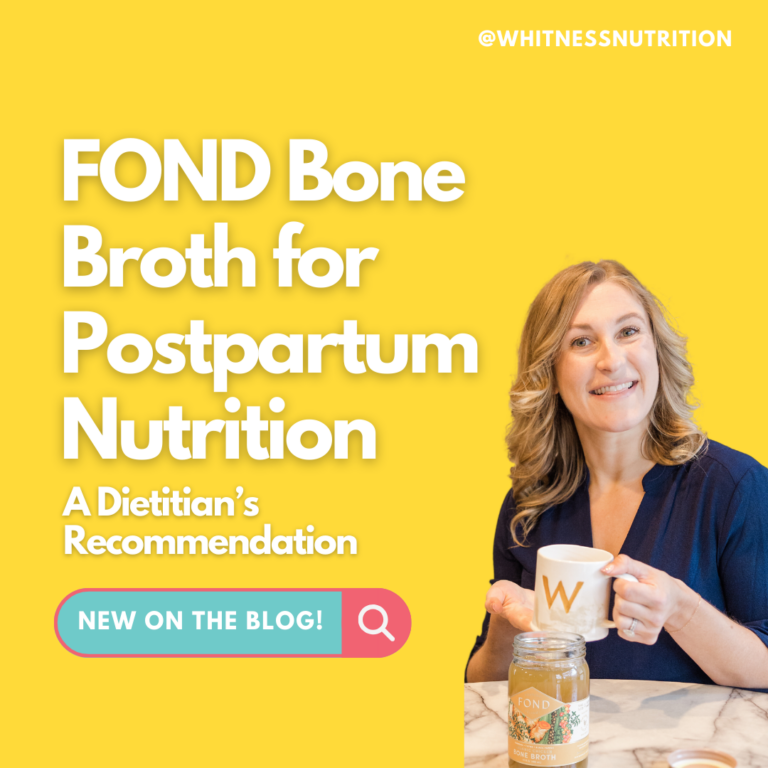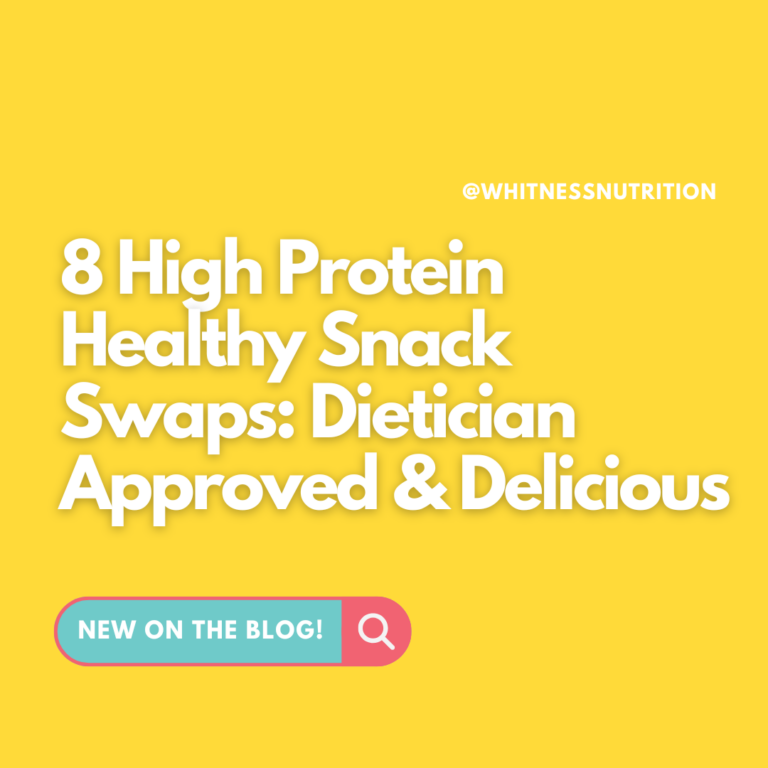Six Years as an RD & Why I left clinical practice
In my very first week in clinical practice, I cried. I sat in my new pink scrubs, pink and white Nikes to match, and sobbed with the realization of what healthcare was. What it had become. That it was bigger than me, that I was a pawn, and there was very little I could do to change the system. So much sickness, so much lack of health, lack of funds or desire for health, and so little passion for life-change. Hospital lessons were the hardest to learn, to date, because they involved death. Primarily, learning how to forget death, which was the hardest for me. To consider that the term “expired” was one I was expected to would use routinely, daily.
Although Dallas Methodist was an easy transition from my graduate program because I had interned there and the team was very supportive, I wrestled with finding happiness at work. Six months into my role, I transitioned into Surgery ICU where my main role was feeding patients through tubes and IV’s when they didn’t have functioning organs. From gun-shot patients, to attempted suicides, to over-doses, medical non-compliance, etc. Heavy stuff. And although I love math and the calculation of all of this data, I couldn’t handle the harrowing bodies. Although a fast-paced day full of challenges was invigorating and I was learning so much; I didn’t see how I was making a difference. Not a real one.
But, I enjoy hard things and I knew that healthcare was never going to be full of sunshine and rainbow. I made a pact on my first day that I would put in 5 years. No questions asked. I could do hard things. But, after two years working in the hospital system, I felt like I couldn’t breathe. I was also dirt poor, trying to pay off my undergraduate loans as quickly as possible and still feed myself (more expensive, quality food). The wages were dismal and although I was fulfilled by my work, I knew that there wasn’t growth in my position. I made the hard choice to leave.
Note: If you’re a new RD, it may be helpful to know that leaving inpatient and transitioning to outpatient work was almost a 20% bonus, overnight. That felt good. And so did the access to a myriad of continuing education programs to enhance my knowledge base. But, if you’re also passionate about your work, you know; this isn’t usually the answer to a fulfilling career.
Over the next three years, I found my groove in a mix of outpatient clinical work and private practice. I made some wrong decisions; like choosing to work at a dialysis clinic with a hefty salary lure. Money is not the answer, folks! But, on the flip side, I had continued to grow my private practice, first from a co-working space nights and weekends, and then to all day Mondays in a shared office with a counseling practice. After my dialysis stent, I spent four days of my week as a diabetic educator within an Endocrinology clinic with mostly diabetes patients. I was thrilled for another opportunity to learn, and grow and become board-certified as a Diabetic Educator and on every insulin pump and continuous glucose monitor. But, this is where I really began to notice the problem in our system.
Although I was finally in a position with more freedom, flexibility and better pay, very few of my patients were getting better. And so, I wasn’t fulfilled.
As my own patients in private practice excelled. My others were slow to grow, to learn, and to own confidence in their health. Everything I poured into them, all I taught them; it didn’t stick.
- There wasn’t enough time.
- The time between visits was too long.
- We always had to start over.
- There was not enough time to build the rapport I needed for them to trust me and my teachings
- And there was no doctor, team, supporting my efforts.
- They didn’t want to be helped after years in a system with no answers
There was also a very uncomfortable vibe around the patients who knew that their appointment was guaranteed each year. Or, 100% covered by insurance. They weren’t grateful, or even interested in being there, but took the appointment as a sort of entitlement. A place where they could vent and demand, but not really utilize my services. These patients yelled, rolled their eyes, complained, and essentially expected me to tolerate it. This wasn’t my first time working in a place where people expected you to fix their problems, but certainly weren’t going to express gratitude for your help. I felt like the help, again. Like when I was a nanny. But now, I was an expert?
And, the heart-breaking opposite. The patients with shit insurance, who couldn’t see me more than twice a year, and needed more time and more help. Those patients I stayed late for, wishing for a better situation, but there still just wasn’t enough of me, for them.
In the last three years, I’ve seen some conventional healthcare truths that have rubbed me wrong for long enough.
These trends are ones that I can’t stand next to, to associate myself with. Why? Because I started my career to make a difference and to really help individuals. These practices don’t do that.
-
We are managing, not solving.
- Patients come in routinely to their appointments, but they don’t improve. They remain in the endless cycle of healthcare without actually finding a solution. The appointment is just a checklist. I began to ask patients, like “do you want to improve your health?”, because many of them, after years of coming to their appointments, didn’t seem to care whether or not it improved. But God forbid they miss the appointment where nothing of importance was said or done.
-
We aren’t checking the right lab values
- Most often, patient’s have years of elevated A1C values without being told they were related to insulin resistance. And, they’ve never having a fasting insulin completed or a full thyroid panel (more than TSH). I’ve had many patients be refused a Vitamin D check, like they don’t have a choice what labs are performed? And, when it comes back at 35, be told that it’s acceptable. I like to see patient’s levels between 50-80 for optimal mood, metabolism, and bone health.
-
We don’t talk about endocrine disruptors in an endocrinology clinic.
- I have yet to hear anyone mention BPA, plastic, fragrances, non-toxic living. I actually brought in my own air purifier and essential oils during the pandemic.
-
We are not aggressive in our action to reduce insulin usage as the price continues to skyrocket.
- Over the past 60 years, the list price of a vial of insulin has gone from about 75¢ to $250; an astronomical cost for those who require it. But, the conversation around how to reduce intake (exercise, hydration diet) is not required or emphasized like it needs to be.
-
We are demonizing salt and liberalizing sugar
- The nutrition recommendations from the 1980’s that aren’t actually relevant or factual are still the ones being utilized. At best, my doctor’s notes on a patient’s high cholesterol might say “pursue a low fat diet, low sodium diet with Mediterranean focus”, which in theory is impossible because the Greek diet is rich in fat and flavor, as it should be. No one is certainly drinking LMNT or promoting electrolyte use for blood volume.
-
We offer free samples of nutritional shakes that worsen health.
- Ensure, Boost – have you looked at the ingredients in these products? They are full of soybean oil, high fructose corn syrup, and they cost more than their more nutritious alternatives on the shelf. Note that tube feeds are full of most of these ingredients, too.
-
The solutions are outdated and not applicable
- Don’t even get me started on the hospital handouts. The meal guides. Barf. I couldn’t believe what was on the menu. What patients took to heart as a balanced meal. Recently, most of my gestational diabetes patients question the handouts they were given. “Why does it say 60g of carb per meal? I didn’t even eat that pre-pregnancy?” They’re right, most of the clinical handouts are based on old literature. I hate to remake all of my own handouts to actually mirror successful outcomes for this population.
-
We’re not on the same page.
- To date, I’ve had three doctors appreciate my nutrition efforts made with their patients. They stand out vividly in my mind. The others? Usually avoid eye contact, oftentimes undermine my recommendations, and normalize the use of diet coke and artificial sweeteners. I haven’t found much support. I don’t think it’s productive to undermine your co-workers looking to solve a common problem. But perhaps they aren’t interested in solving it?
Life is short. I want to make big change. I want to, cheesy as it sounds, change lives. And I want to ensure that my patients truly understand lifestyle interventions that lead to confidence in their health. A confidence that transcends through their family unit and makes grocery shopping and cooking easier.
But, I certainly don’t want to downplay the amazing change that can happen in a conventional healthcare setting. I just don’t see it happen, often. I did have so many amazing moments in the past 6 years; most of them are centered around patient experiences, their breakthrough, mindset transformations, owning their health.
- The mother of an autistic son who finally mastered a continuous glucose monitor
- The family interventions where everyone decided to change their diet to support Mom/Dad and actually stuck to it
- The insulin pump trainings for those who had never had good insurance before and saw vast improvements in their health
- starting a tube-less insulin pump on a mother who had never worn a bikini without her device showing
- The Christmas gifts from my cancer survivors
- Discussing private matters – how to date, how to drink, how to be intimate, and normalizing them – with my diabetic patients.
- These reasons kept me inspired from an extra year! I’ll miss my patients that I have built a 3 year relationship with, becoming their confidant. Seeing some of them more often than they saw their own doctor.
In the past six years, I’ve learned a lot from uphill battles. And, I received a really great understanding of the conventional healthcare system. But, man am I excited for the future and what this year brings. A freedom to practice wellness, not just manage sickness.
stay tuned!





Thank you for sharing your journey and your thoughts with us. I am one who lives on the edge of diabetes but who doesn’t seem to have the body that trips over that boundary. At least so far at 78. But Covid has had a dramatically impact on my health. I was going to the Y three days a week for water aerobics and walking occasionally. The Y shut down and then even when it reopened I was not comfortable being around all of those people. Though vaccinated, I still have that resistance.
And over this two year period my eating habits have slowly reverted to those that got me so overweight and out of shape. You have helped me. I have not regained all of the extra weight but I am on the road to that destination.
Getting an appointment with you has been an item on my mind for the past two weeks. You have helped me. Looking at me and listening to my same old story might tell you I was just one more person who comes to see you because it is a responsible thing to do. But I have changed and I know so much more. But I am human and we are dealing with a lifetime of feeling that I was fat; even in those times when I was not because I always had friends who had the natural hard jock body.
So change for me is difficult and hard to see from the outside. As an old guy, I would say you have helped some many more people than you realize. Remember, our’s is to do the right thing and leave the results to God. You make a difference. But you will ever have a magic wand to transform the sick into healthy vigorous people. You can help us be marginally better and that is huge.
Whatever comes next for you, know that you have made a difference and thank you for the help you have given me.
Thank you Rick! I will shoot you an email to schedule, too 🙂
Thanks for such a great post! Wishing you all the best.
Thank you Amanda!
Yes! Yes! Yes! You have helped me in so many ways, in life, with my diet, finding a voice for myself in my own health, advocating for me and giving me the knowledge to advocate for myself! Meeting you (virtually) was the best thing to happen to me in this pandemic! Thank you for everything and I can’t wait to see how many more lives you will change! God bless!
I’m so thankful we found each other Mariana! 🙂
I will miss you .